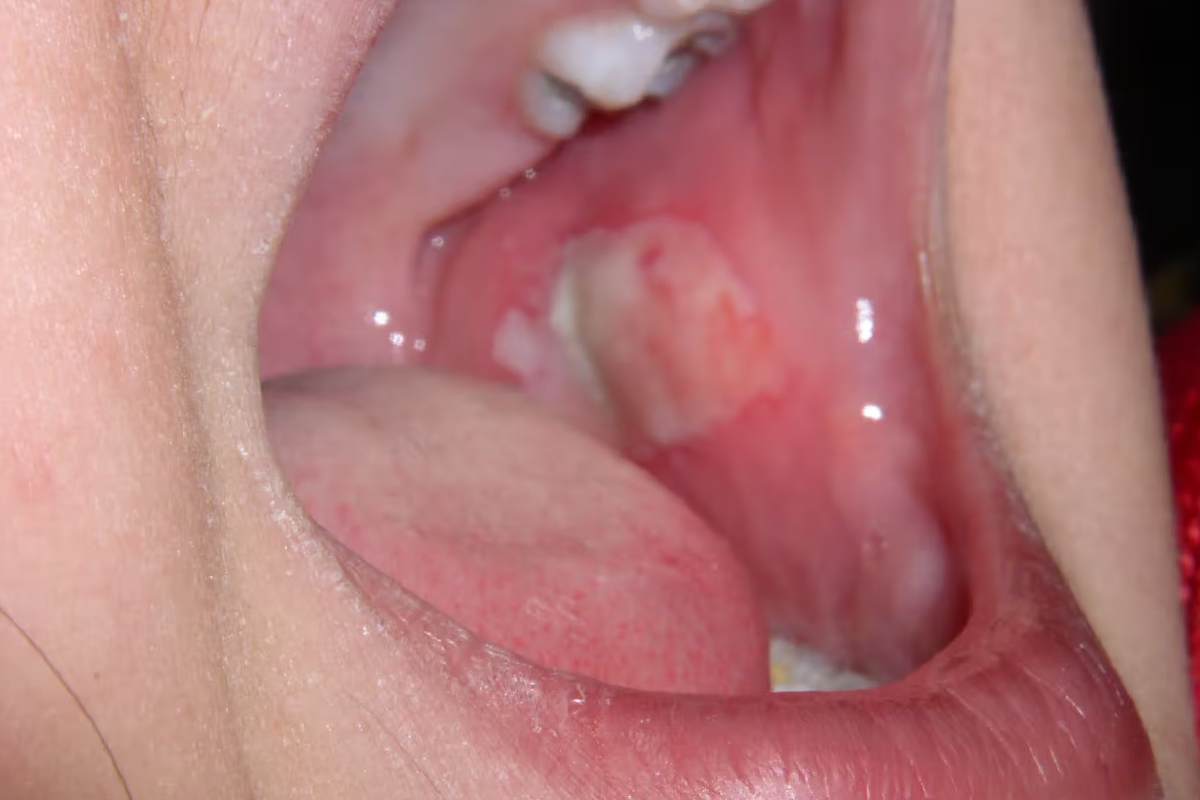Why Do I Keep Accidentally Biting The Inside Of My Cheek: Biting the inside of your cheek can be a minor inconvenience, but when it becomes a frequent habit, it can be painful, frustrating, and may indicate an underlying issue. This article explores the everyday causes and serious reasons behind this habit, provides prevention tips, and suggests when to consult a dentist or doctor. It also discusses when to talk to a dentist or doctor.
Table of Contents
Common Causes of Repeated Cheek Biting
- Misaligned Teeth or Jaw (Malocclusion): Crowded teeth, overbite, underbite, or jaw misalignment can cause the cheeks to interfere with chewing.
- Cheek Tissue Scarring or Thickening: Repeated trauma to the same area can cause scar tissue to form, increasing the risk of cheek biting.
- Stress and Anxiety: Unconscious biting of the cheeks during anxiety or stress can lead to long-term damage.
- Poor-Fitting Dental Work: Inadequately fitted crowns, braces, dentures, or fillings can alter mouth closure and tongue and cheek rest, thereby increasing the risk of cheek biting.
- Fast or Careless Eating: Eating too quickly or while talking can increase the risk of biting your cheek.
- Sleep-Related Biting or Bruxism: Unconscious actions during sleep can cause cheek biting.
- Cheek Sucking Habit: Habits of sucking the inner cheek between teeth can lead to accidental bites and chronic soreness.
Signs and Symptoms of Frequent Cheek Biting
- Red or white sore spots on the inside of your cheek
- Raised scar tissue or thickened areas
- Small cuts or ulcers
- Pain or burning sensation
- Sensitivity while eating acidic or spicy foods
Chronic Cheek Biting: Health and Psychological Consequences
- Repeated trauma to soft tissues in the mouth causes irritation and long-term damage.
- Persistent inflammation leads to redness, swelling, and discomfort.
- Over time, ulcers or sores can develop, particularly when consuming spicy or acidic foods.
- Open wounds in the mouth are susceptible to bacterial infections, thereby increasing the risk of localised infections.
- Morsicatio buccarum, a condition where the inner cheek becomes thickened due to repetitive trauma, can be mistaken for severe conditions.
- Chronic cheek biting can lead to mental health issues like anxiety, stress, or body-focused repetitive behaviours.
- Repeated injuries can lead to the formation of scar tissue, altering cheek positioning and increasing the risk of future biting.
Cheek Biting Prevention and Treatment
- Visit the dentist for a dental evaluation.
- Practice mindful eating habits.
- Manage stress and anxiety through techniques such as deep breathing, meditation, or yoga.
- Track triggers in a journal.
- Utilise behavioural techniques, such as habit reversal training.
- Use sugar-free gum or mints.
- Wear custom-fitted mouth guards.
- Use oral gels or saltwater rinses for wound healing.
- Avoid spicy or acidic foods during the healing process of your cheek.
- Consult a healthcare professional if cheek biting is frequent, painful, or accompanied by signs of infection.
Conclution
Chronic cheek biting can cause inflammation, ulcers, sores, and pain, especially when eating spicy or acidic foods. Open mouth wounds are susceptible to bacteria, thereby increasing the risk of infection. Morsicatio buccarum, a condition causing thickened cheeks, can be mistaken for severe conditions. Chronic cheek biting can also lead to mental health issues and scar tissue buildup.

